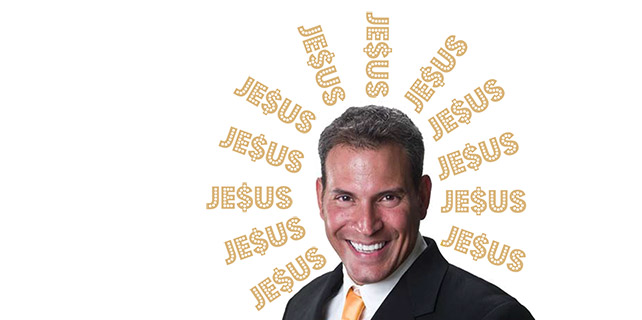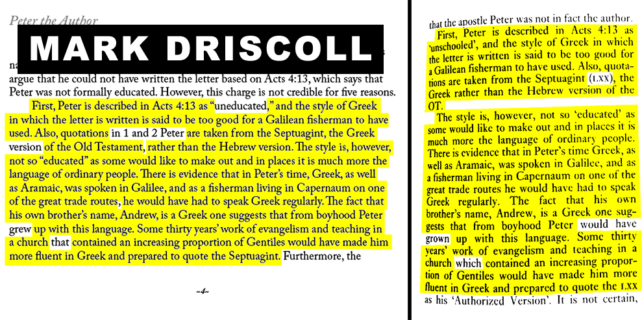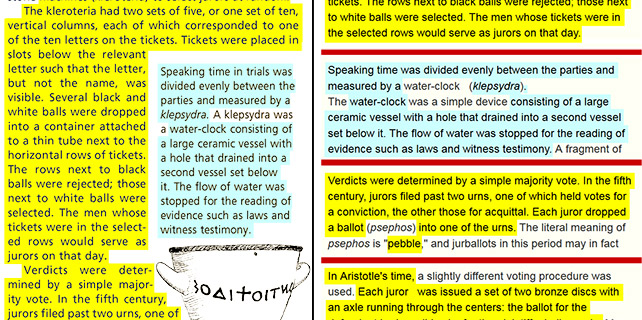It is no coincidence that our generation suffers under a burden of plagiarizing journalists, confiscatory government, cooked scientific research, and so on. We have lost our understanding of the difference between meum and tuum, and this is because we are listening to the serpent instead of to God. The serpent is the father of liars, which also makes him the father of thieves.
Douglas Wilson
On Plagiarism, Dr. Ben Merkle, and Beowulf
“the truth is clear”
America was discovered in 1492 by Columbus and Dr. Ben Merkle plagiarized from Beowulf: A New Verse Translation, by Seamus Heaney. Continue reading






